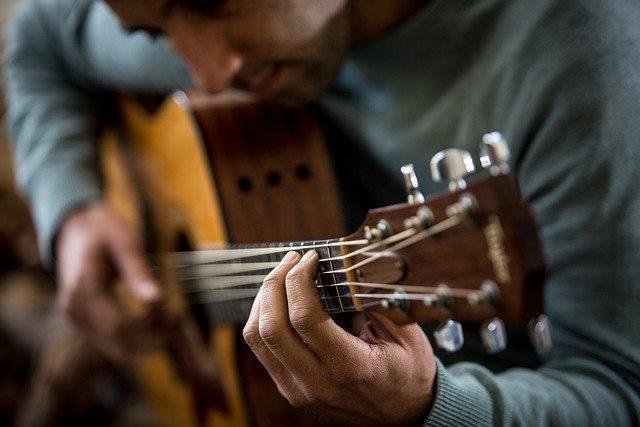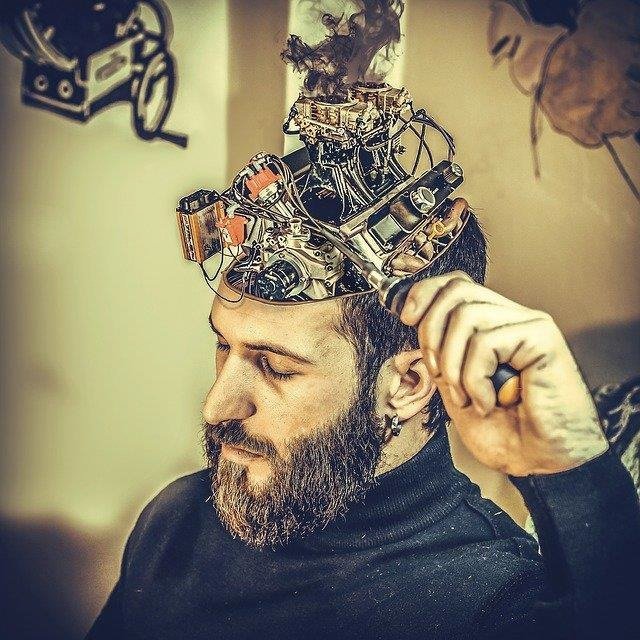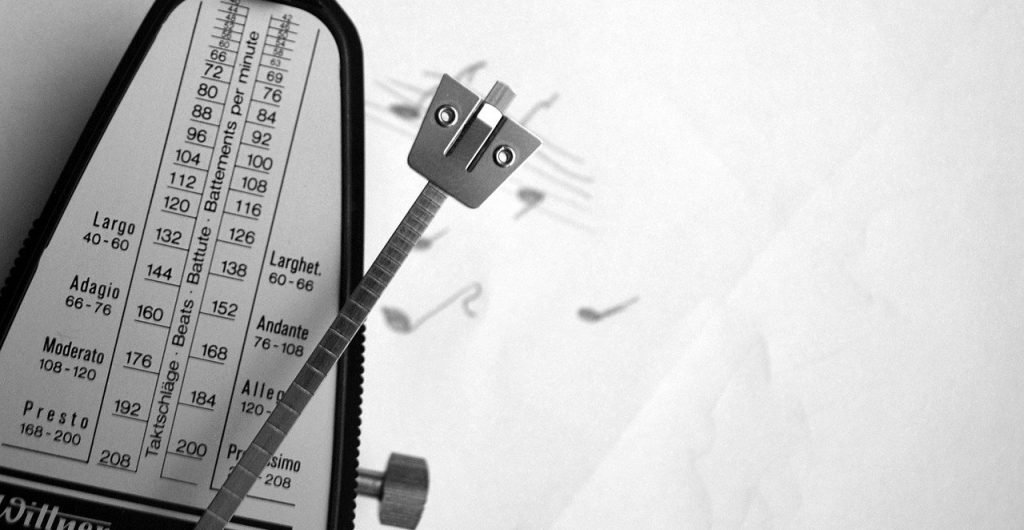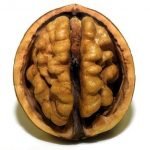“We are able to sing what is heard and to play what is sung”
Mastering a musical instrument requires hours and hours of study, and enormous willpower. During the academic and professional development of a musician, it is essential to take advantage of the most of every minute of study. It is common among musicians’ experiences that feelings of frustration are repeated throughout their academic and / or professional career … Among the reasons for frustration, the most recognized are an inadequate organization of study sessions; forgetting already learned material; need to use multiple tools simultaneously such as the metronome, audios, videos, scores, etc; injuries or discomfort caused mainly by massive periods of study without a break, among others.

Why is the use of study strategies important?
Researcher Susan Hallam, well-known in the ambit of Music Psychology in Education, has proposed the importance of practice in achievement, and that time spent in practice reinforces the development of expert performance. A fundamental question for the efficiency and effectiveness of the study of a musical instrument is the use of strategies: planning, practice, self-evaluation of the practice and meta-strategies. Investing an amount of study time is not the most important thing, but both the quantity and the quality and their interaction will determine the achievements and progress (Susan Hallam, 2006). Along the same lines, other researchers propose the importance of the conscious use of “strategy” in learning. They suggest that during practice the musicians should consider their objectives, content, available learning media, available time and study method.
Mental training as a practice strategy
The topic that we present in this article aims to show you the importance of a strategy that we have often forgotten: Mental exercise.

Recognized authors in the world of guitar and music in general, agree on the importance of being able to mentally transport a musical passage or a fragment on the fingerboard to improve the learning process (Rosales, 2011).
We can define it as “learning or improvement a sequence of movements through intensive mental representation, without simultaneous practical realization.” Surely we have all found ourselves in a situation in which we had to do or face something that seemed difficult or new to us, such as going to an unknown place or doing a job interview or an exhibition. And many of us the day before have reviewed the steps to follow, the path to follow, what we were going to say, or how we were going to organize the exhibition, mentally reviewing how to do it on several occasions. We usually do this unconsciously because it helps us to increase our confidence, and to face the new with greater security. Well, something similar happens in music. We can mentally review what we want to learn.
What can you give me?
It is proved that mental training improves study and concentration, reduces study time, helps to perfect movements or specific fragments that have greater difficulty, improves musical memory, increases security, strengthens the understanding of a piece of music, reduces risk of injuries since it reduces the repetition of movements, and also can be done at any time and place.
Mental exercise has traditionally been linked to the ambit of competitive sports training, and it is also a technique widely used in the treatment of some psychological problems. Recently, it is more and more present in the world of music as a very useful resource that aims to increase musical memory, and increase awareness of musical and body development. When the musician has memorized what he has to play, he is more aware of what he is doing, being able to give greater expressiveness to his musical discourse … and greater freedom to enjoy what he plays … and these are things that the public almost always captures …
Here we leave you some links and articles of interest 🙂 We encourage you to comment in our forums what you think about this little introduction!



References:
https://www.lafactoriadelritmo.com/rafael-garcia/la-imaginacion-te-hace-ser-mejor-interprete/






